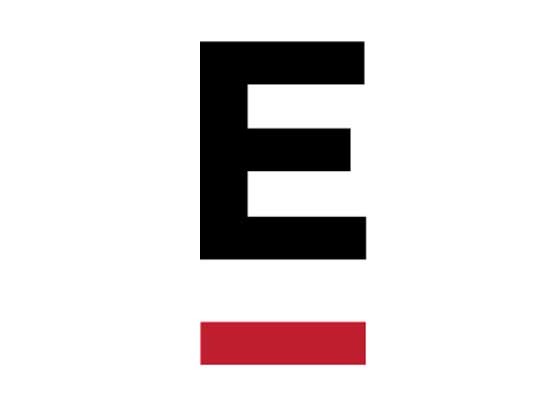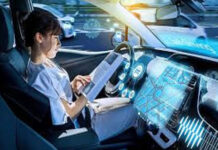The Internet of Things typically refers to varied networks of physical devices, vehicles, and home appliances that are equipped with the means to connect, collect, and exchange data. It is where ordinary objects and appliances are imbued with properties you would typically associate with smartphones, computers, and laptops. Arguably the most vital of these properties is internet connectivity and the ability to interface with other systems.
In the last few years or so, we’ve seen a tremendous boost in the prevalence of the IoT with wearables such as the Apple Watch – arguably serving as both the lynchpin and the catalyst for people embracing a network of connected items.
Where previously it may have been unheard of for someone to even consider allowing ordinary household objects such as fridges and microwaves to connect to the internet, analyze data, accept input or instruction, and work in tandem within a network, the sheer ubiquity of smart technology has made it both universally acceptable as well as convenient.
The IoT opens an entire world of possibilities for both individuals as well as organizations and collectives. At the push of a button on your smartphone, computer or wearable you can control and monitor multiple elements within your ecosystem of network connected objects. What’s more, all of these objects will be able to work in tandem and communicate seamlessly with one another; sending vital information back and forth and enabling each interconnected element of the network itself to function more efficiently.
The future of the IoT appears resoundingly bright. While in the early years, technological innovation and development struggled to keep pace with its own lofty ambitions, it has finally caught up. We are now able to see what was once a mere theoretical idea come to fruition.
Using the IoT, it is possible to gather and seamlessly analyze vital data that would otherwise be lost or unobtainable. This data can then be further utilized towards future innovation or for improving existing products or processes. For instance, a supermarket that implements an interconnected network on its premises can utilize the data provided by the purchases of their customers to compile targeted demographic strategies or even to gain an overview of the basic purchasing habits their customers.
The IoT enables companies to have a seamless and hassle-free communication and coordination of their various working parts and components. Employees will be able to work remotely yet still be able to access key systems within a given office building. They will also be able to more easily delegate as well as automate certain processes during a necessary absence such as a business trip or even a personal or sick day. As a result of all of this, the productivity of various organizations is expected to increase exponentially with the added bonus of also allowing employees to manage their time more economically and holistically.
From a consumer perspective, the IoT will provide people with the ability to better organize, control, and manage activities, tasks, and errands within their immediate surroundings. Everything from your home entertainment systems, to your lighting, to your kitchen appliances will all be able to receive and transmit data as well as receive input from one common source such as a wearable or a smart device.
While early forms of this technology are already being made available in the form of products such as Apple’s Homekit, future developments will no doubt see further refinement in terms of both accuracy and scope. Imagine your house gaining the ability to autonomously change its internal environment to compensate for changes in its exterior environment – by utilizing vital pieces of environmental data such as temperature, cloud coverage, and humidity. Such advancement is only possible through the limitless potential of the IoT.
Regardless of the direction the IoT develops, it is clear to see that it is something that will most likely have a major role to play in shaping how the societies of the future function, in both their private and professional lives.















